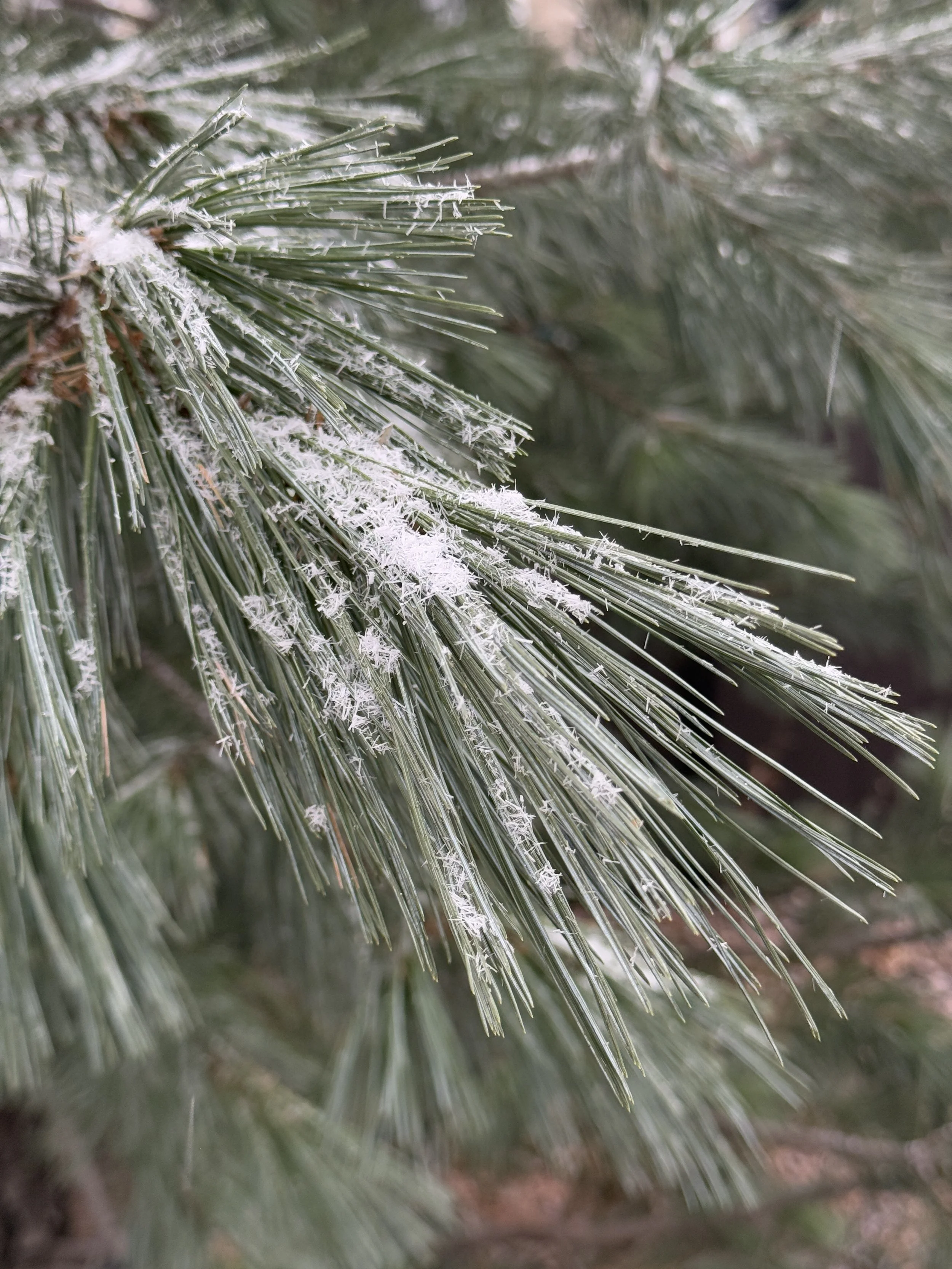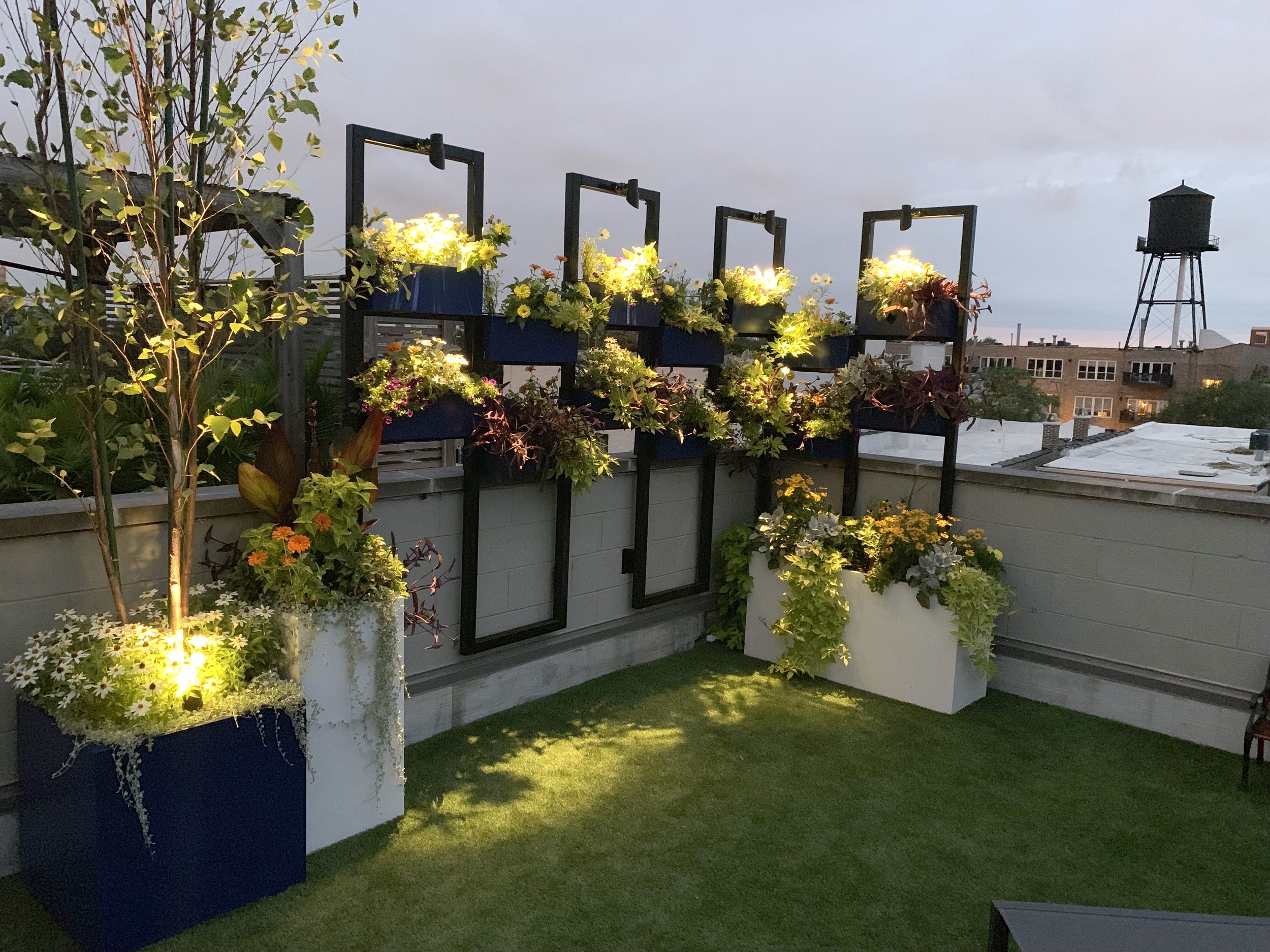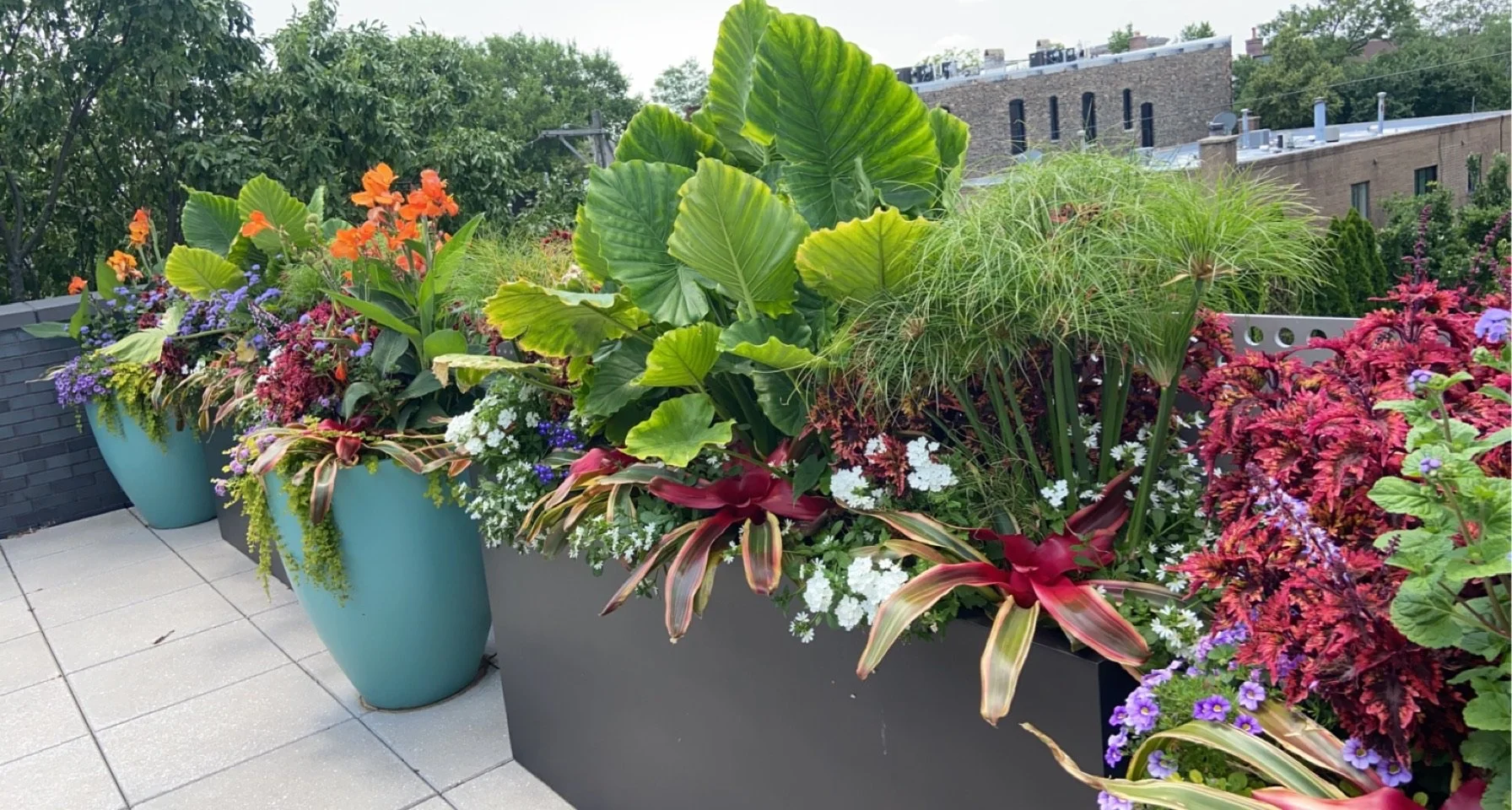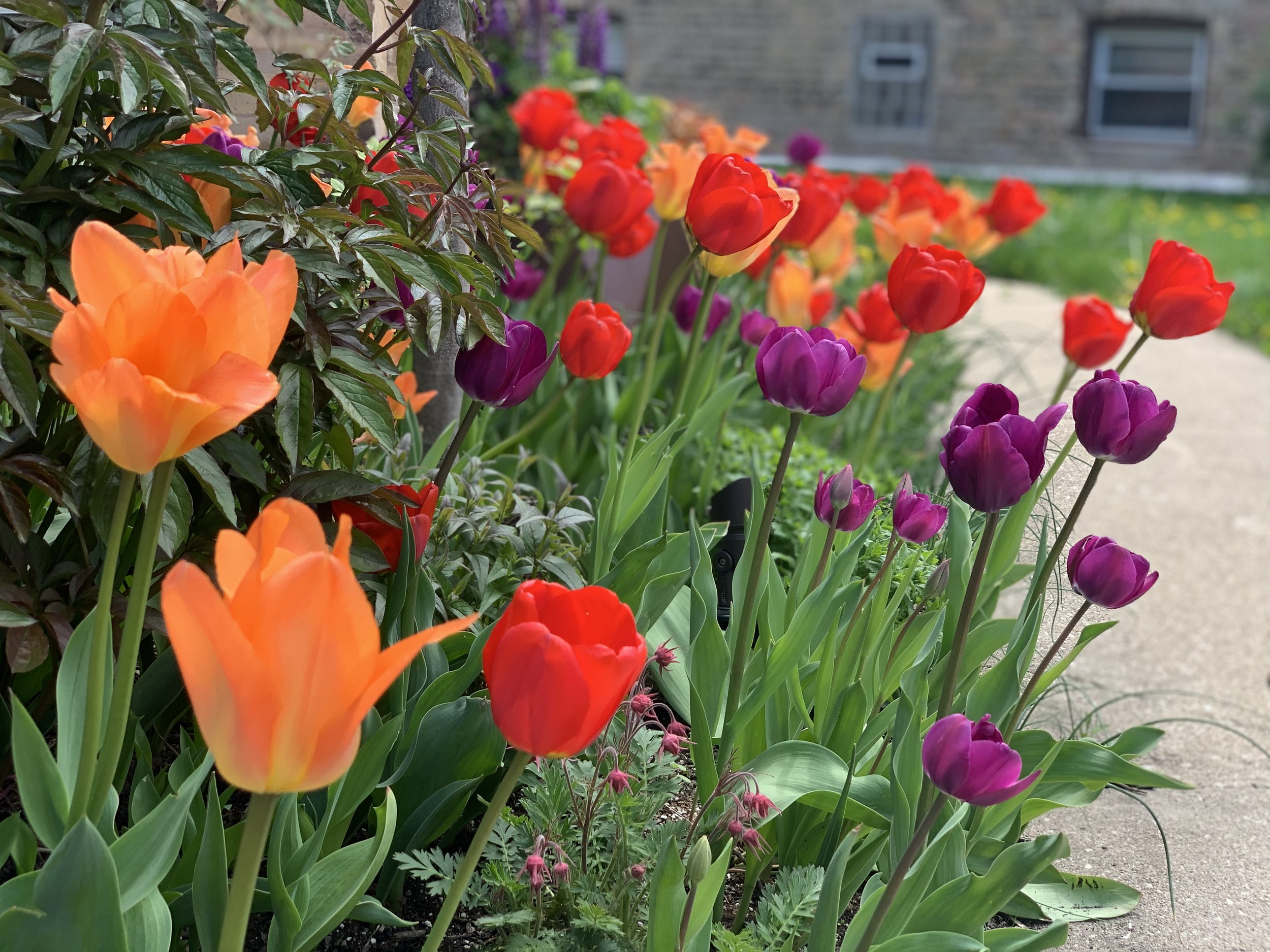Mertensia virginica—commonly known as Virginia bluebells—plays a vital role in supporting early-season pollinators at a time when food sources are scarce. Blooming in April, just as many native bees, bumblebees, and butterflies begin to emerge from dormancy, these flowers offer essential nectar and pollen when little else is in bloom. For pollinators, especially those with early flight periods, this dependable native is a lifeline.
If you're looking to bring a touch of spring magic to your garden, Virginia bluebells are an ideal choice. Their delicate bell-shaped flowers and lush green foliage brighten up woodland gardens, shaded borders, or any area with moist, well-drained soil. With their low-maintenance nature and graceful, ephemeral charm, they not only delight the senses but also contribute meaningfully to a healthy and biodiverse garden each spring.
Read More











